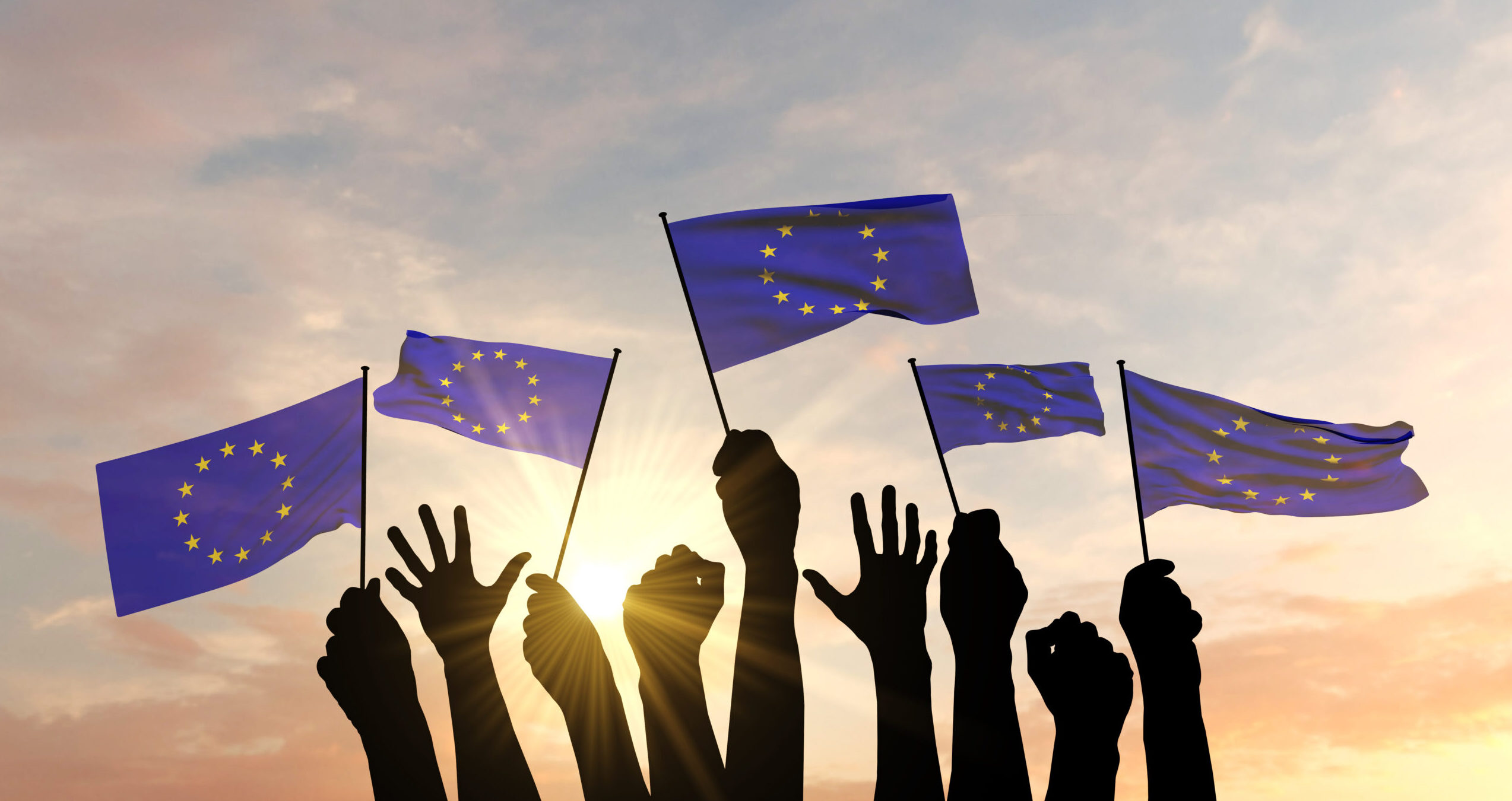
At ECIT Foundation, our mission is to further develop EU Citizenship.
Citizenship Statute
Since it was established in 2015, ECIT was alone in demanding and putting forward proposals for a Statute on European Citizenship — our attempt to codify and redefine the rights constituting what it means to be a European citizen. It is a success that the idea of a citizenship statute has now been supported by the European Parliament and the Conference on the Future of Europe, but there is still some way to go.
Political Rights
EU citizens have the right to vote and stand as candidates in local and European elections but not in regional and national elections, or to participate in referendums in their country of residence. The ECI ‘Voters Without Borders’ failed to collect enough signatures, but the campaign for full voting rights connected to freedom of movement and migration continues.
Citizenship Education
Our proposal ‘I’m Going European’ for a new ECI is developed with the idea to guarantee the freedom of Europe for every child. This ECI aims for a Europe of equal opportunity. In theory, young people have the freedom of Europe, but there is a gap between the fine principles of the law and the barriers to access. If one third of EU citizens have the civic education and skills to take advantage of Europe, the majority miss out.
NEWS
ECIT Foundation’s Annual Report 2024
The year 2024 was marked by the campaign for the European elections from 6–9 June and the setting up of the new legislature. It is therefore appropriate to begin this Annual Report with some consideration of the achievements during the last legislature from 2019–2024 and which should be built on
ECIT demanded on several occasions in 2023 that there should be a public consultation on the tri-annual Citizenship Report which the European Commission presents under Article 25 TFEU. Following on from an exchange of letters with DG Justice, which refused to make such a commitment, ECIT appealed to the Commission
Let’s put an end to disenfranchisement of EU citizens practicing their rights to freedom of movement!
Our correspondence with the Secretary General The purpose of the ECIT and New Europeans‘ joint letter to the Commission is to follow up the work of “Voters Without Borders” demanding an end to disenfranchisement of EU citizens practicing their rights to freedom of movement. This letter focuses on the rights
Upcoming Events
SUPPORT US
Thanks to your generous donation our initiatives can continue to grow, working towards our mission to further develop European Citizenship, and set positive goals for the future of Europe. We are so grateful for your continuing support.
